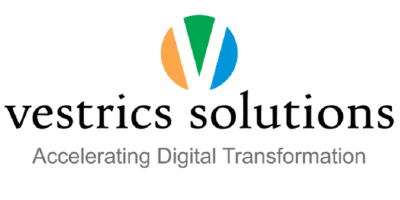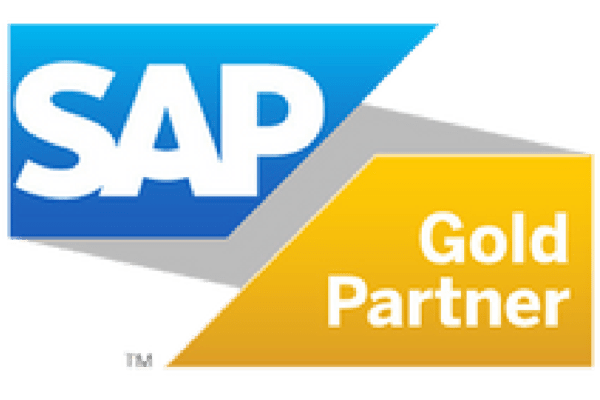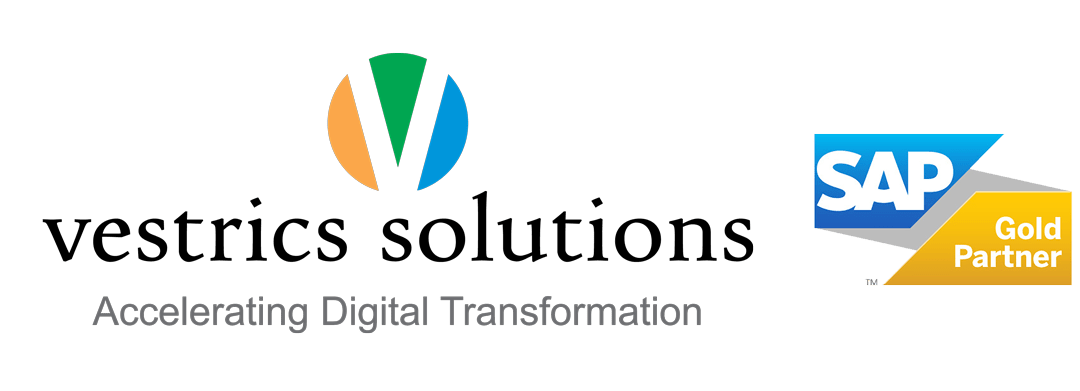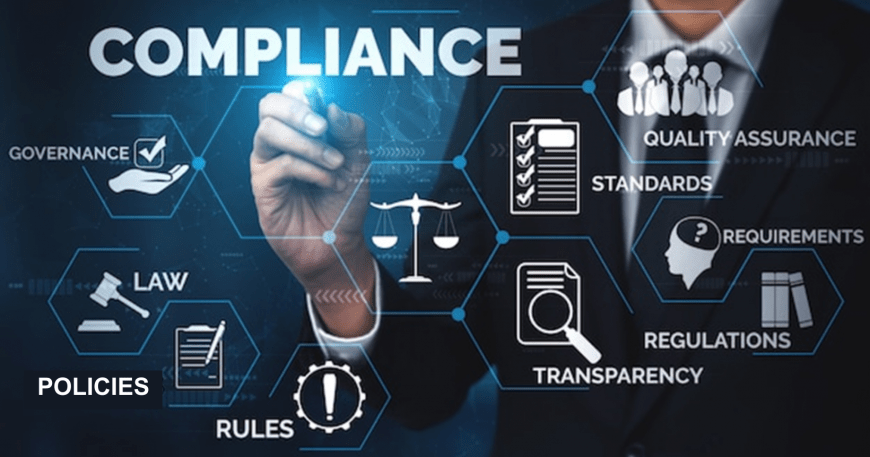In the dynamic landscape of modern business, Small and Medium-sized Enterprises (SMEs) face a dual challenge: to remain agile and competitive while steadfastly adhering to a labyrinth of industry regulations. Navigating this complex terrain requires a strategic approach combining operational efficiency and regulatory compliance. Enter Enterprise Resource Planning (ERP) software, a comprehensive solution to revolutionize how SMEs manage their core processes.
This blog post looks into the transformative power of ERP software for SMEs, illuminating its manifold advantages in terms of streamlined operations, data accuracy, financial management, inventory optimization, human resource compliance, and regulatory reporting. From empowering businesses to make informed decisions based on real-time data to fortifying their adherence to stringent industry-specific regulations, ERP stands as a cornerstone of sustainable growth for SMEs in the 21st century. Join us as we explore how ERP software enhances operational efficiency and champions regulatory compliance, setting the stage for SMEs to flourish in an ever-evolving business landscape.
I. Streamlined Operations and Improved Efficiency
Implementing ERP software in SMEs introduces a transformative shift in managing operations. Consolidating various business functions like accounting, finance, customer relationship management, and inventory management within a unified platform eliminates duplication and minimizes the necessity for manual data input. This not only accelerates processes but also liberates valuable time and resources. With streamlined operations, SMEs can focus their energies on core competencies, thereby driving growth and fostering a culture of innovation.
II. Enhanced Data Accuracy and Decision-Making
Accurate, timely information is the lifeblood of effective decision-making. ERP systems provide a real-time view of data across the organization, ensuring that businesses have access to the most current information available. This eliminates the risks associated with outdated or inaccurate data, which can lead to misguided decisions. By enabling data-driven decision-making, SMEs can respond swiftly to changing market dynamics and regulatory requirements, gaining a competitive edge in the process.
III. Improved Financial Management and Reporting
SMEs must maintain robust financial practices to ensure sustainability and growth. ERP software equips them with advanced financial modules that automate critical tasks such as accounts payable, accounts receivable, general ledger management, and financial reporting. This expedites the financial close process and provides precise insights into the company’s financial health. Furthermore, ERP systems generate standardized reports that adhere to industry-specific accounting standards, a crucial aspect in demonstrating compliance with financial regulations.
Also read; https://www.vestrics.in/5-key-strategies-for-a-successful-erp-implementation/
IV. Inventory Optimization and Supply Chain Management
Efficient inventory management is pivotal in meeting customer demands while minimizing costs. ERP systems integrate inventory data across the organization, enabling better demand forecasting and inventory planning. By optimizing stock levels, SMEs can reduce carrying costs and avoid the pitfalls of overstocking or stockouts. ERP’s supply chain management capabilities also allow businesses to track goods from procurement to delivery, ensuring compliance with industry regulations about traceability, quality control, and sustainability.
V. Human Resource Management and Compliance
Effectively managing human resources is imperative for any business, and compliance with labor laws and regulations is non-negotiable. ERP systems come equipped with modules for HR management, encompassing payroll processing, benefits administration, time and attendance tracking, and performance evaluation. These features streamline HR processes and help ensure compliance with local and international labor regulations, such as minimum wage requirements, tax withholding, and workplace safety standards. This ensures that SMEs uphold ethical labor practices and maintain a harmonious work environment.
VI. Regulatory Reporting and Compliance
Staying compliant with industry-specific regulations is a paramount concern for SMEs. ERP software simplifies the process by automating the generation of compliance reports. These reports cover a wide range of areas, including financial reporting (SOX, IFRS), quality control (ISO), environmental standards (EPA), and industry-specific certifications. With ERP, SMEs can confidently navigate complex regulatory landscapes, reducing the risk of penalties or legal repercussions. This showcases a dedication to ethical business conduct and fosters trust among stakeholders.
VII. Data Security and Privacy
During a time when concerns about data privacy are particularly pronounced, it is of utmost importance to protect sensitive information. ERP systems incorporate robust security features to protect critical business data. This includes access controls, encryption protocols, and regular security audits. Moreover, ERP platforms are designed to comply with data protection regulations, providing SMEs with the assurance that their data is handled following legal requirements. This fosters trust among customers, partners, and regulators, reinforcing the reputation of SMEs as reliable and compliant entities.
Also read: https://www.vestrics.in/selecting-the-ideal-sap-gold-partner-a-comprehensive-guide/
Conclusion
In conclusion, ERP software emerges as a powerful tool for empowering SMEs and ensuring compliance with industry regulations. By streamlining operations, enhancing data accuracy, and automating critical business processes, ERP systems equip SMEs to thrive in a competitive landscape. ERP software’s comprehensive reporting capabilities enable SMEs to navigate complex regulatory environments confidently. Through the implementation of ERP systems, small and medium-sized enterprises (SMEs) have the potential to attain a high level of operational efficiency while showcasing their dedication to adhering to ethical business standards and regulatory compliance. Embracing ERP technology is not just an investment in efficiency; it’s a strategic move towards long-term sustainability and growth.






